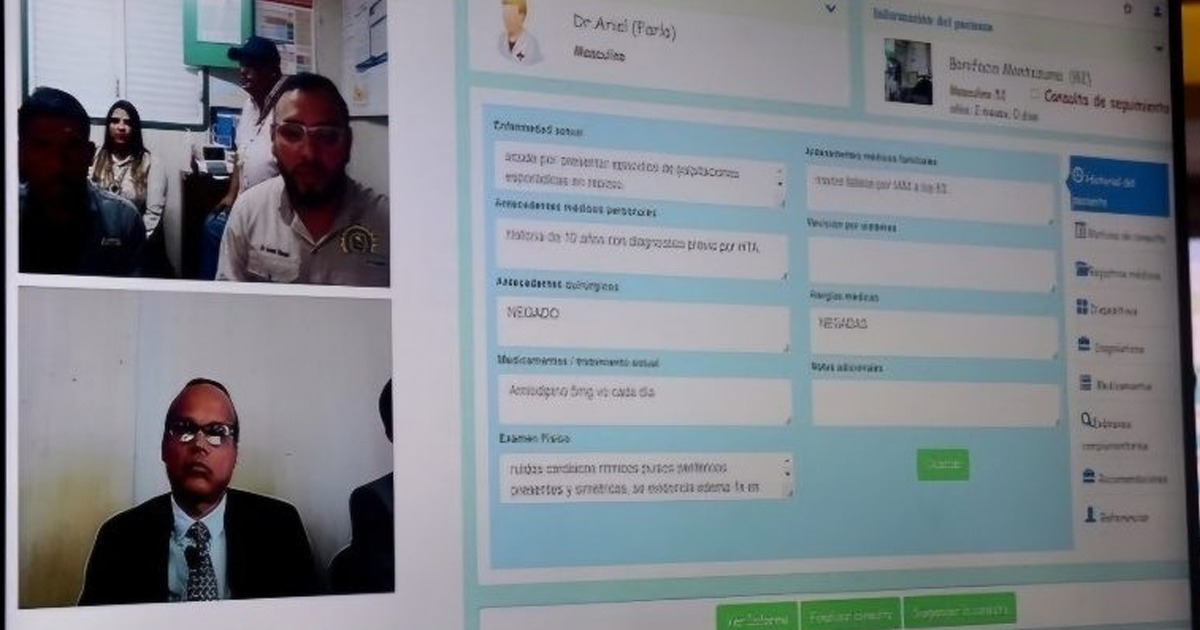A study published in npj Digital Medicine showed the use of IDentif.AI-x, an Artificial Intelligence (AI) platform, capable of identifying and prioritizing optimal therapies against COVID-19.
The IDentif.AI-x platform is a clinically actionable AI platform that has been created to identify and prioritize therapies and drug combinations against COVID-19. For them, they used an initial group of 12 drugs, which were later reduced to 6 and then 50 combinations were formed at three drug dosage levels. Ultimately, there were 729 possible combinations, and the platform revealed a number of clinically actionable drug interactions.
The study: “The IDentif.AI-x pandemic preparedness platform: rapid prioritization of combination therapy regimens optimized for COVID-19”, published in npj Digital Medicine journal, explores the use of AI for the identification of potential therapeutic drugs against COVID-19.
According to the authors, an AI platform that meets this purpose must also meet the following objectives to be functional:
Technical flexibility for pandemic preparedness
Clinical acceptability of AI-based findings
Timely and efficient application of resources during the different stages of a pandemic
Involve clinical expertise in the workflow
Consider the physiological applicability taking into account the clinical deployment of the therapies proposed by AI

In this sense, the aforementioned study aimed to demonstrate whether IDentif.AI-x is a platform for preparing for possible pandemics and developing therapies for new infectious diseases.
To measure their effectiveness, they used the following therapies identified by the same platform and applied to an original live strain of SARS-CoV-2: EIDD-1931 (metabolite of EIDD-2801 [molnupiravir]), baricitinib (BRT), ebselen ( EBS), selinexor (SEL), masitinib (MST), nafamostat mesylate (NFM), telaprevir (VX-950; TPV), SN-38 (irinotecan metabolite), imatinib mesylate (IMT), remdesivir (RDV), lopinavir (LPV) and ritonavir (RTV).
The results showed the potential of the platform as preparation for future pandemics. However, it is important to point out that the study was carried out in vitro in live virus models, which could represent a limitation in the interpretation of its results. However, it is a big step to explore the efficacy and safety of drug interactions using AI.
You can consult the complete results of the study in the following link: https://www.nature.com/articles/s41746-022-00627-4





